Nepal is at a critical juncture in its journey toward universal health coverage (UHC), as it confronts the dual challenges of demographic shifts and a growing burden of non-communicable diseases (NCDs). These transitions are driving up out-of-pocket (OOP) healthcare...
Health effects of the Brazilian Conditional Cash Transfer programme over 20 years and projections to 2030: a retrospective analysis and modelling study
Conditional cash transfer (CCT) programmes have emerged as powerful tools in addressing poverty and promoting health equity, particularly in low- and middle-income countries. Brazil’s Bolsa Família Program (BFP), launched in 2004, stands as one of the world’s most...
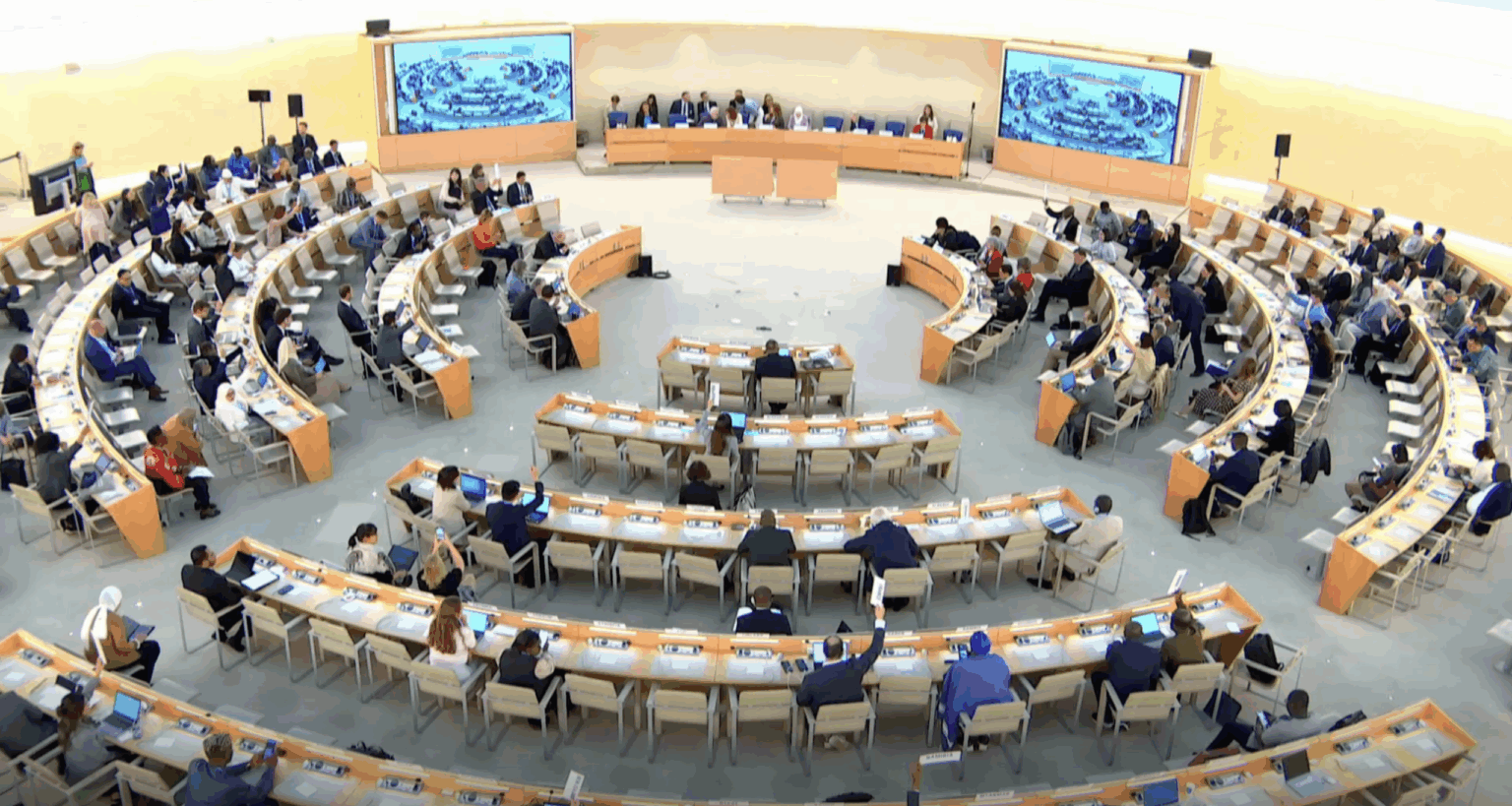
WHA passes resolution to reform health financing for universal health coverage
The World Health Assembly has approved a Nigeria-led resolution urging stronger domestic health financing and reduced out-of-pocket costs to accelerate progress toward universal health coverage.The 78th World Health Assembly (WHA) has adopted a landmark resolution...
Estimating Health Expenditure in the Dominican Republic 2007-2021 Using the SHA Approach 2011
Based on data available from the Dominican Republic's health accounts, Magdalena Rathe of Fundación Plenitud analyzes the country's health spending between 2007 and 2021. Using the 2007 and 2018 national income and expenditure surveys, a triangulation was made with...
Economic burden and determinants among hospitalized patients with epilepsy in Thailand
This study analyzes the direct medical costs of hospitalized epilepsy patients in Thailand. These costs are assessed from both a societal perspective—which includes hospital expenditures and payments made by health insurance schemes—and a patient perspective, which...
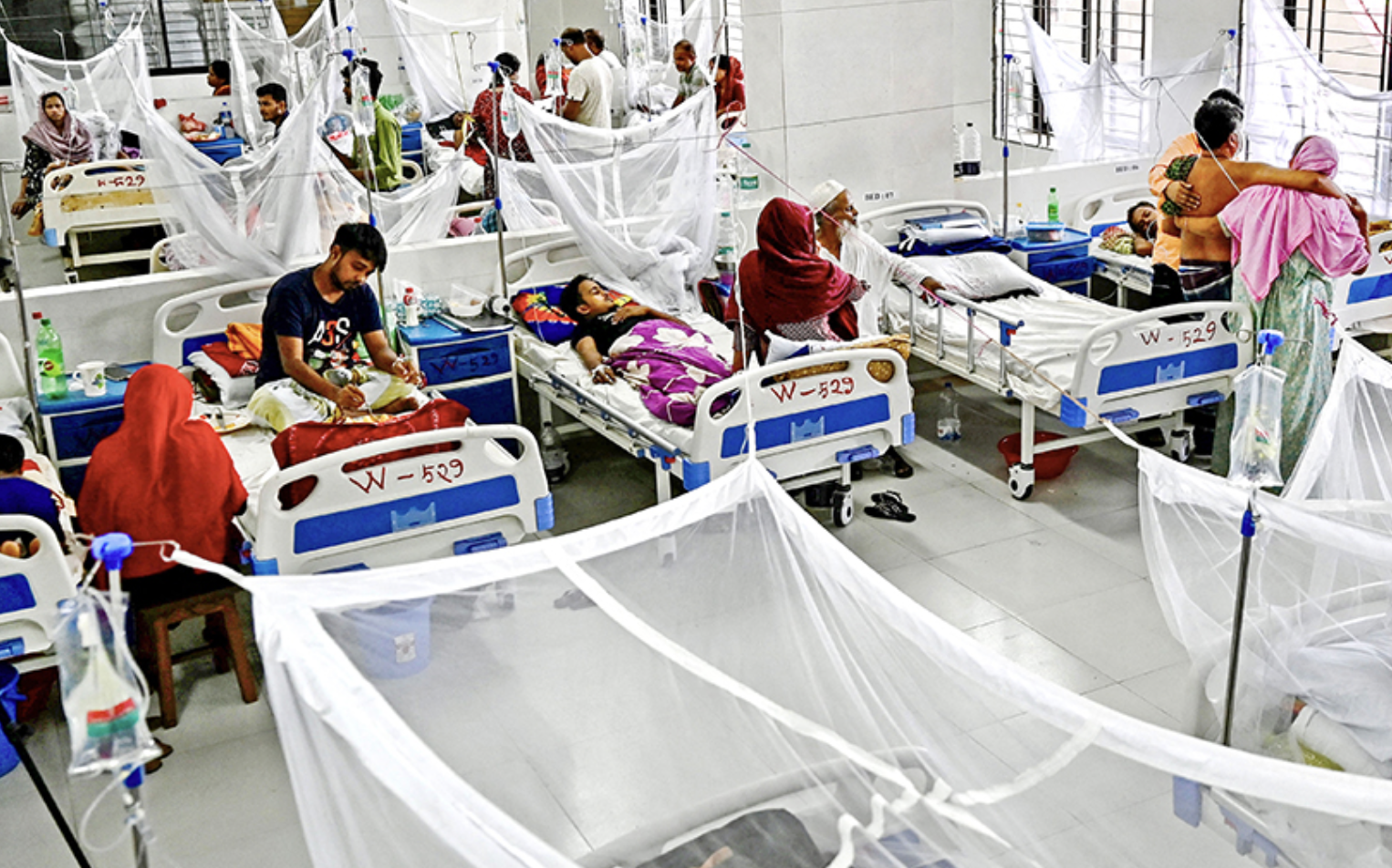
Enhancing efficiency of healthcare financing
Achieving UHC requires a variety of financing strategies, including government revenue to support those unable to afford care. It involves coordinating these funding mechanisms to create a sustainable health system that serves the needs of all citizens, particularly...
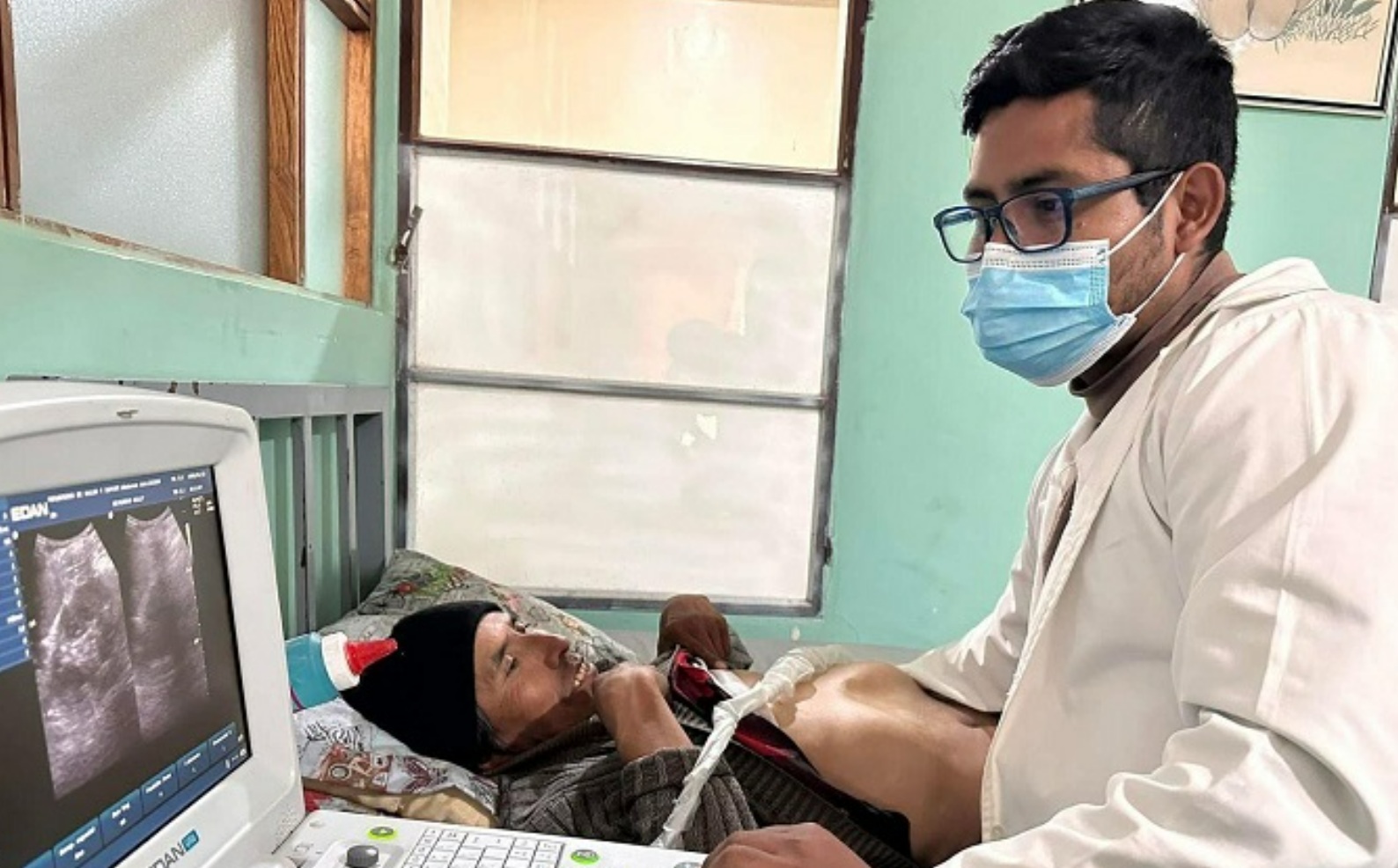
The Unified Health System has 8 million affiliates
The public health insurance system in Bolivia, known as the Unified Health System (SUS), has reached 8 million members. Coverage is provided at all health levels, from primary to hospital care. In Bolivia there is the Unified Health System (SUS), the state program...
Health financing for noncommunicable diseases: Landscape analysis of practices and challenges in the Sub-Saharan Africa region
This landscape analysis by the Financing Accelerator Network for NCDs (FAN) examines the health financing practices and challenges related to NCDs across six exemplar countries in Eastern, Southern, and Western Africa. By analysing resource mobilisation, pooling, and...

Nigeria’s FEC approves health financing policy through Medipool
The Federal Executive Council of Nigeria approved the establishment of Medipool, a purchasing organization designed to lower healthcare costs by negotiating competitive prices for essential medicines and healthcare products, thereby improving access to quality...
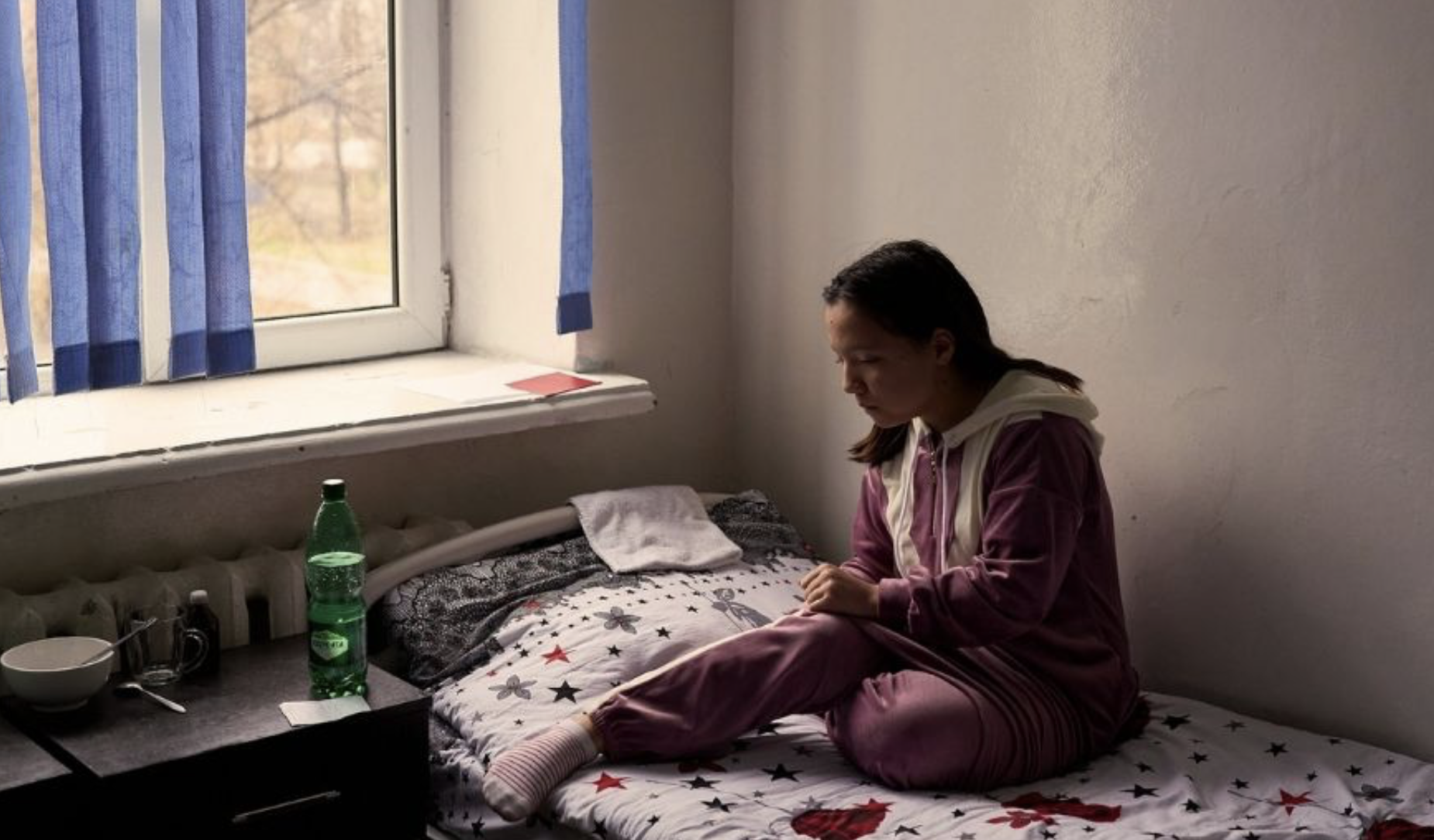
Handle With Care: Four Ways to Give Asia’s Health Systems a Needed Safety Upgrade
The pursuit of universal health coverage (UHC) in the Asia and Pacific region has often overlooked the crucial aspect of patient safety, resulting in significant issues such as high rates of hospital-acquired infections and medication errors. This neglect not only...
Implications of U.S. withdrawal from the World Health Organization on health financing in Africa
The U.S. withdrawal from the World Health Organization (WHO) could severely impact global health financing, especially in Africa, where its previous contributions supported vital health programs for HIV/AIDS, maternal and child health, tuberculosis, and malaria. This...
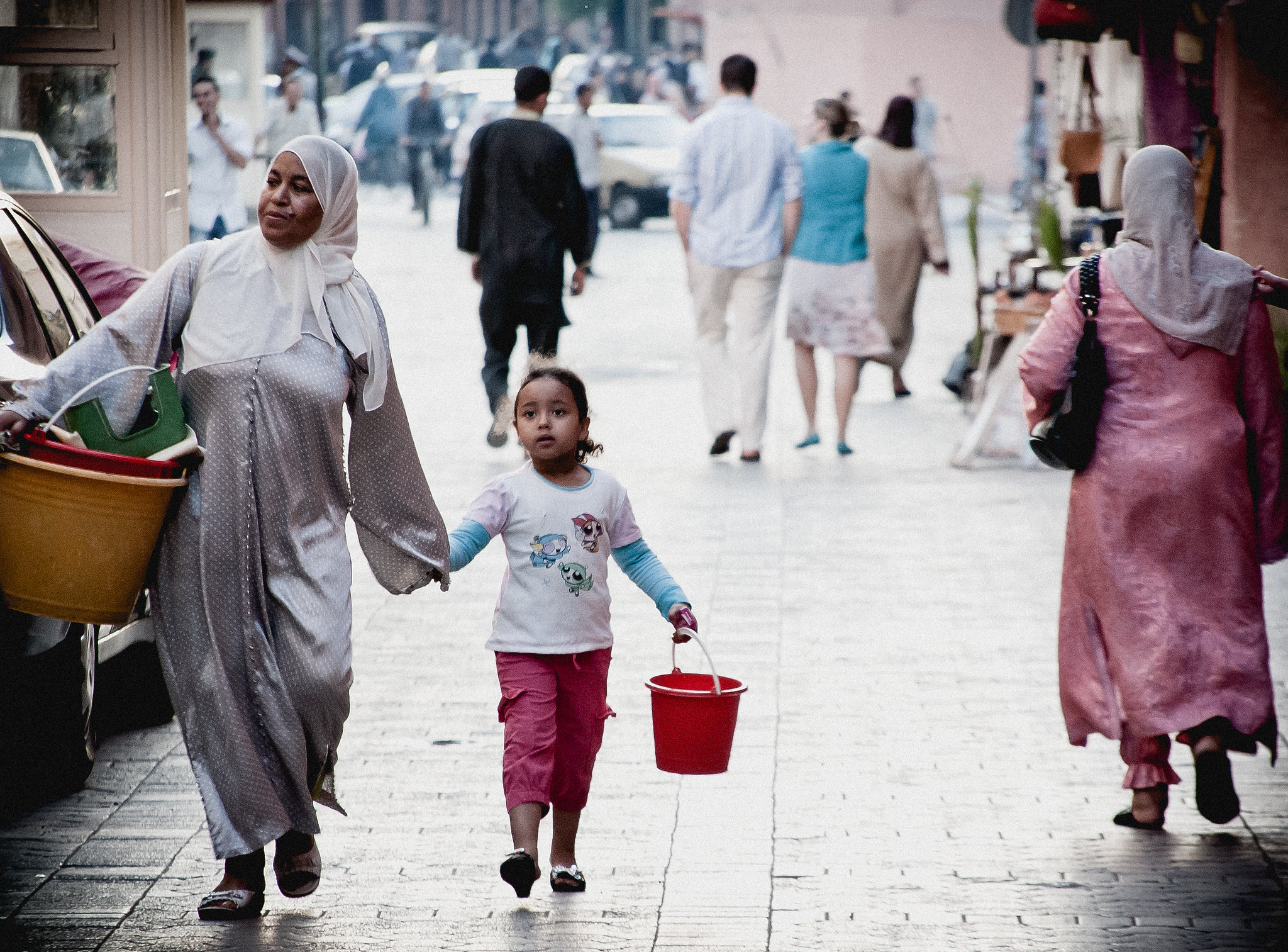
Out-of-pocket spending still high in Morocco despite state efforts
Despite notable increases in public spending, Moroccan households continue to shoulder 38% of health costs—well above the WHO's 25% threshold for financial protection.A new report from the Ministry of Health and Social Protection reveals that out-of-pocket payments...
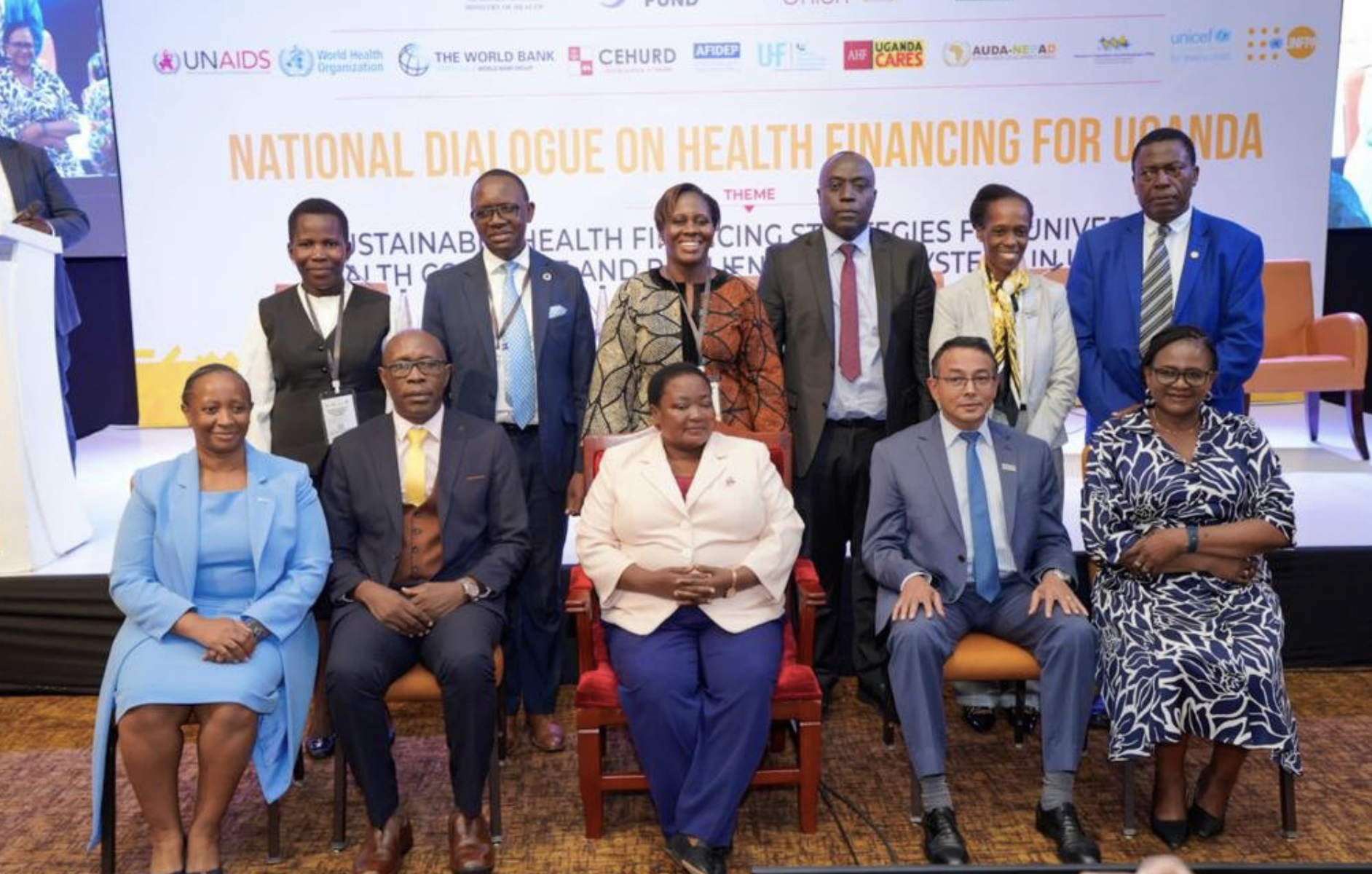
WHO and partners back Uganda’s commitment to sustainable health financing for universal health coverage
Uganda’s government, facing reduced donor funding, convened a high-level dialogue to prioritize sustainable domestic health financing, emphasizing increased investment in primary care, efficiency, equity, and innovative funding mechanisms. The dialogue concluded with...
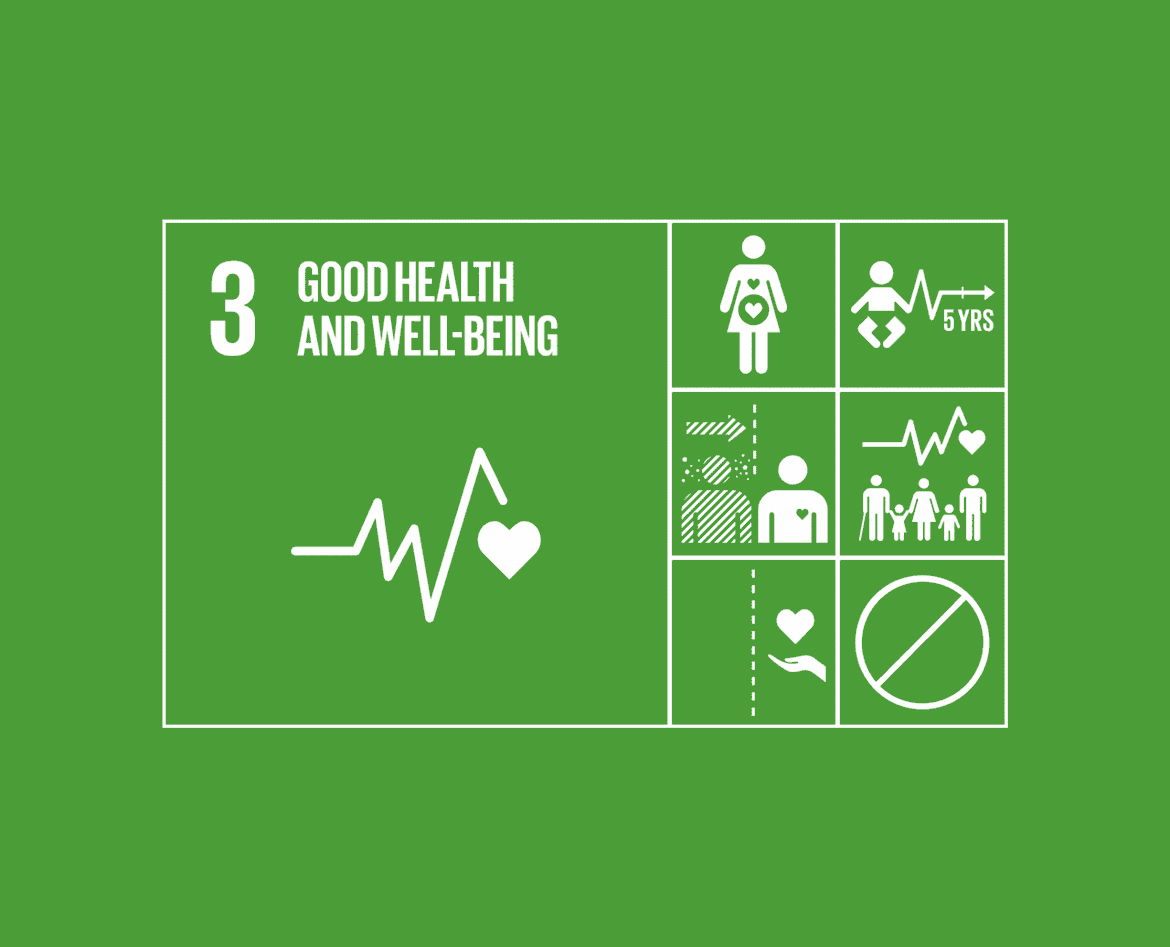
Revising SDG indicator 3.8.2: A new approach to measuring financial protection in health
SDG indicator 3.8.2 has been revised to better capture financial hardship from health costs, now measuring out-of-pocket spending over 40% of discretionary income to reflect poverty impact. SDG indicator 3.8.2 is designed to measure financial protection in health—an...

Belize Prime Minister announces nationwide Health Insurance rollout
The Prime Minister of Belize announces full National Health Insurance (NHI) rollout by the end of 2025. The NHI has been implemented in phases and now will reach the entire population with the goal of bringing affordable quality health care to all Belizeans.In May...
